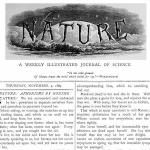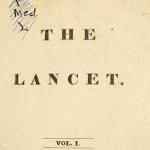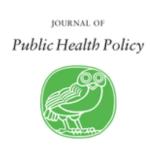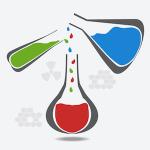If you want to know what the current thinking is in a scientific field, the best place to start is not a textbook but a literature review.
scientific journals
Peer review, especially peer review of chemical safety/risk assessments, is under assault. Despite the fact that government agencies, industries, universities, NGOs and consulting groups recognize the added credibility that peer review bring
Retractions in science are a fact of life. Sometimes, the published literature is wrong, and when it is discovered, the paper is often stricken from the scientific record.
The Lancet is a highly respected biomedical journal that rightly carries a lot of clout in the scientific community. That's what makes its recent turn toward sensationalism and clickbait so incredibly odd.
Should scientific research ever be judged by the name of the scientist who performed it? Most people, scientists included, would answer "no." The quality of the research is far more important than the name of the researcher who performed it.
As the saying goes, "There are three kinds of lies: lies, damned lies, and statistics." We know that's true because statisticians themselves just said so.
Some studies are so incredibly stupid, that one wonders how they managed to get published in any scientific journal, let alone a prestigious one. And yet, it has happened, once again1.
In Act I, scene iv of Hamlet, Marcellus warns us, "Something is rotten in the state of Denmark." Likewise, something is rotten in the state of academic science.
There is a stinking, pathetic double standard at the heart of scientific publishing, as well as science communication in general:
In a world of fake news, scientists tend to find comfort within the pages of the scientific literature. While peer review is far from perfect and science often wrong, the process finds the truth in the long-run.












